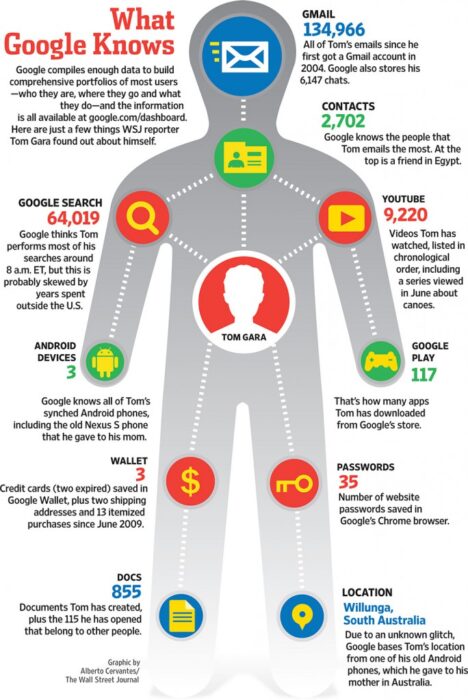
“Everything at some point has been declared the root of all evil.”
― Killosophy
When I was a young child back in primary school, we used to trek a kilometre or so to town to get a matatu home. That in itself is not remarkable except for the fact that some of us used to go to the roadside to count vehicles. Which is also unremarkable but for the other little fact that we went to a private school. Which meant we had to “be focused with life”. As a result, teachers used to threaten those of us who had such tendencies with going to Gorogoro. And that used to put the fear of God in me. A High School with such a name could only mean one thing – failure in life. I didn’t get the point, though.
Fifteen years later, I still do not get the point of those teacher’s threats because that is what I do now – count matatus and other random things that, to a common bystander, are just that – things. My ancestors’ contemporaries would call that childish behaviour. “Go and dig a shamba!” Today’s billionaires have a completely different opinion about that.
When Big Data broke to the mainstream, I watched a video talking about its usage in tracking and predicting the behaviour of weather systems such as hurricanes and tsunamis and I was riveted. I knew it had limited applications because well, who in Africa listens to the weatherman? It is always either sunny or rainy here, so their job is more suited for Americans and white people. Larry Page and Sergey Brin already got the point, though, and may have even been the first characters to try and take advantage of this ‘Big Data’ we keep on hearing about.
They realised early enough that the most important asset for any data-intensive venture is the human being. Everything about you is a data point, from the moment before you were conceived to the moment after you die, everything: your name, gender, tribe, which school you went to in primary, whether you believe in child beating or not, what you eat for breakfast, who you are dundaing with tonight, where and how and even whether you prefer to drink soya or chocolate if you are Adventist (chocolate has caffeine, by the way).
Some of these details may seem mundane to you, quite obvious and probably nothing to write home about. But to someone out there, that little nugget is worth fifty shillings or more in post-tax profits. Multiply that by a thousand, ten thousand or even a hundred thousand people and you will begin to see where this is leading.
Nothing is too embarrassing- or sacred- for these chaps to learn about you. And with the potential value from each nugget of data, it makes a lot of sense for firms like Google, Facebook, and even your government, to go to extreme lengths to collect anything and everything they can about you from screenshots, payments, GPS and more.
Some data-driven firms might pay you some small tokens for your data right now, but they will continue to make money, and payout huge dividends from the profits that accrue from accessing your data way past your expiry.
It is easy to feel paranoid about all of this. More especially since most of our personal lives – much of which is quite shameful – lies in our devices with the potential of it leaking out there somewhere, and destroying you in so many ways. But there is an upside to most of this that many people tend not to see: you are not significant enough for this level of data collection to be a threat and if you are, nothing written in ones and zeros is capable enough to offer complete protection. In short? Be wise.







